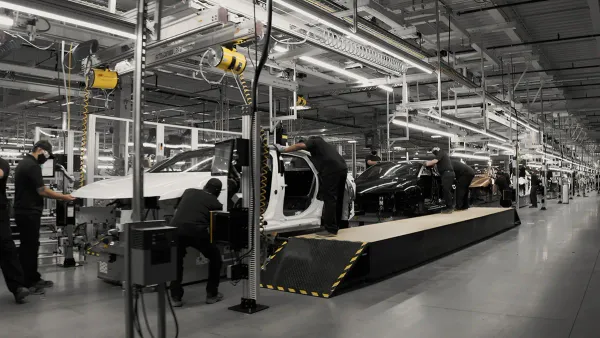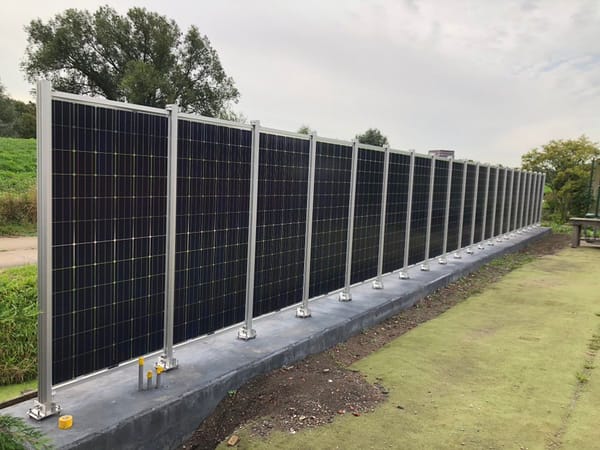The double edged sword of US’ record oil production, in three charts
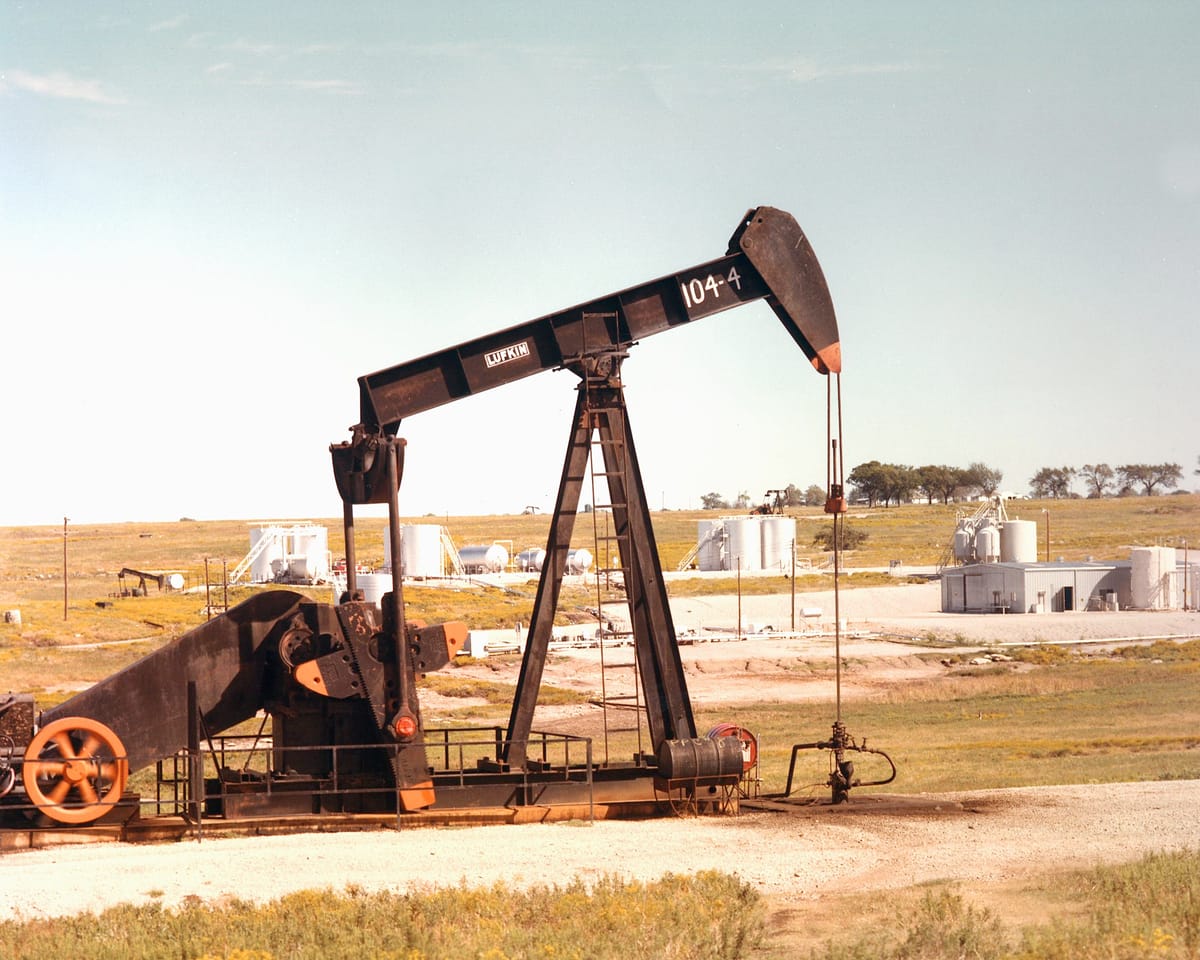

This week the Energy Information Administration released a very self-explanatory report, United States produces more crude oil than any country, ever.
From just about every perspective, the American surge in oil production is breathtaking. It’s hard to remember that just a short time ago American politicians cared about OPEC countries that presidents invaded Persian Gulf countries to ensure the flow of oil. If the US produced as much oil in 1991 as it does today, would Operation Desert Storm have happened? Would Saddam Hussein have been toppled ten years later?
From a technical perspective, few people anticipated fracking would pump enough oil to make the US the world leader. For decades the idea of “peak oil” seemed to be just around the corner. Now, what new technical solution is around the corner that could unleash yet more oil?
From a domestic politics perspective, the numbers give lie to Donald Trump’s accusations of President Joe Biden being anti-oil. “Drill, baby drill,” despite his calls for a green economy, seems more like Biden’s chant than Trump’s.
Then, from the perspective of a green energy advocate, the availability of plentiful oil hurts an argument that Americans need renewable energy and electric vehicles to ensure energy security.
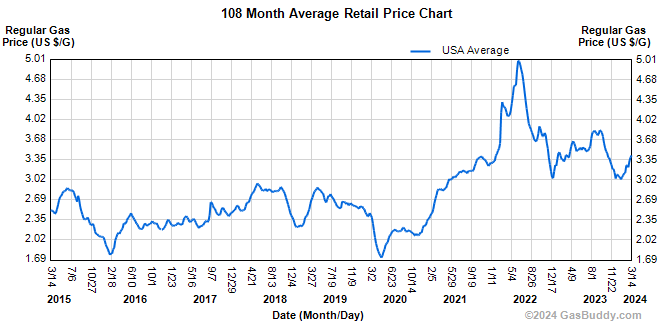
And yet, as American oil production increased, so did the average price of gasoline. It hasn’t dropped below $3 in the last three years. Despite all that production, American oil prices are still tied to the global market.
And for also, again from the perspective of the green energy advocate, all that oil just adds more carbon to the atmosphere, putting us even closer to the climate cataclysm Joe Biden says he wants to avoid.
All that oil provides the United States with short-term security, but longer-term problems.
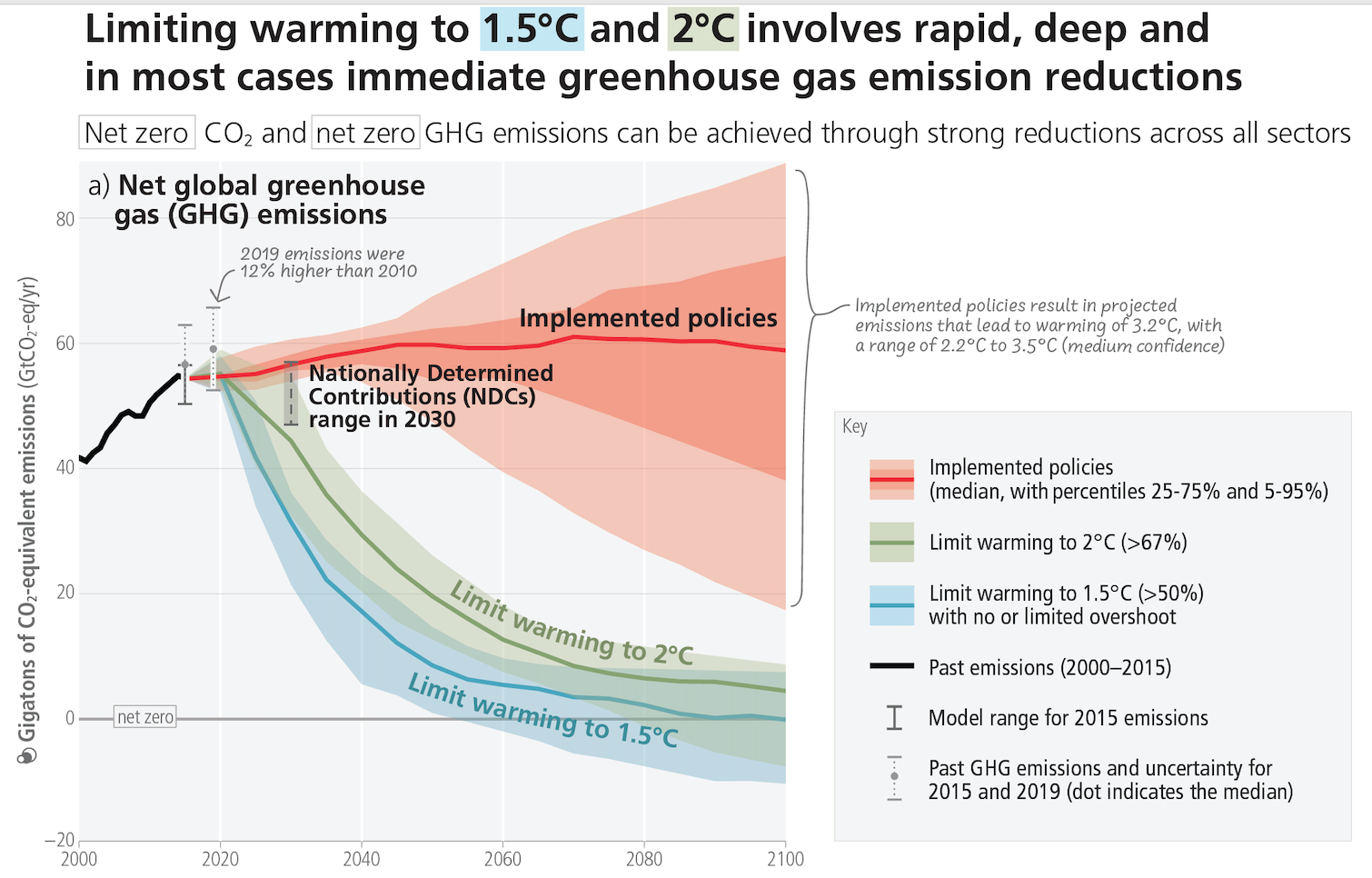
Like what you see? Please forward to a colleague.
Ideas
Baku’s COP29 is lacking ambition, judging from the first official statements made by Azerbaijan’s appointed COP29 president, Mukhtar Babayev. In an opinion piece and multiple interviews he declared his presidency “the bridge that reconnects the diverging aspirations of the global north and global south” and that new administrations formed after elections would have the same obligations as previous ones. These are both relatively meaningless statements, especially the latter one, since the Trump team is now considering withdrawing from UNFCCC entirely, which would mean no obligations under any circumstance. While he told the Financial Times that more priorities will come this summer, likely including finance, it is surprising is that for now he does not mention of the finance goals discussed at COP28 or the high ambition of the New Collective Quantified Goal on Climate Finance, a top priority for the Global South, but dreaded by the North, since it will mean more money for them to pay out.
Meanwhile, the Chair of the UN’s climate science body, the Intergovernmental Panel on Climate Change, Jim Skea, said the likelihood of keeping global warming below 1.5°C has shrunk, which suggests we're already doomed to major ecological catastrophe and species die offs in coming decades. If government leaders are playing musical chairs with climate change, we’re getting awfully close to the music stopping.
A study of power project installations on the Texas grid found replacing fossil with renewables to be almost always a better economic value, but at a certain point the cost curve changes, because you need larger and larger amounts of renewables to guarantee a steady supply at all hours of the day. “A large chunk of the cost of net zero is driven by the last few percent of decarbonization,” the study says. Fossil fuels are more reliable for peaking and at night, at least until large scale battery storage becomes significantly cheaper.
Here’s a good overview of the technological differences between today’s liquid electrolyte batteries versus lab-built solid state ones, which take 10x more charges, store more power, and are less flammable. Quoted researchers project we won’t see solid state batteries commercially available for 10+ years, however.
Multiple studies have shown we’ll need $7 to 10 trillion of investment a year in green tech to convert to a green economy. A study from Rhodium Group found how we might get there: For every dollar of US federal government spending, the private sector spent another $5.47. So, all we need is about $1.82 trillion in annual government investment across the globe, right? RIGHT?
Meanwhile, India is calling for $1 trillion a year in new global climate finance spending and has announced it will advocate for it at COP29. This seems like a number we’re going to keep seeing.
It turns out EV chargers are poorly protected against hacking, some are run by hobbyist-level Raspberry Pi platforms. This exposes car owners’ personal information and could give hackers the ability to suddenly drain a grid by turning thousands of batteries on at once. Seems like a similar scare to the arrival of Internet of Things devices a few years ago. Fixable, but creates a major vulnerability that needs to be squashed by millions of users diligently applying software and hardware updates.
Climate Politics News
Energy Industry’s Methane Emissions Near Record Despite Pledges [Bloomberg]
China's EV Exports Soar Despite Domestic Sales Slowdown [Oil Price.com]
EU takes the ax to green farming rules [Politico]
Important Upcoming Dates
Copenhagen Climate Ministerial – March 21-22
World Bank/ IMF Spring Meetings – Apr. 19-21 – Washington, D.C.
G7 Climate and Energy Ministerial – Apr. 28-30 – Torino, Italy
Article 6.4 Supervisory Body Meeting (carbon credits) – Apr. 29-May 2 – Bonn
India Elections – Apr. & May
Mexico Elections - June 2
UNFCCC Sessional - June 3-13 – Bonn
EU Parliament Elections – June 6-9
Article 6.4 Supervisory Body Meeting – July 15-18 – Bonn
Article 6.4 Supervisory Body Meeting – Oct. 7-10 – Bonn
US Elections – Nov. 5
COP29 – Nov. 11-22 – Baku, Azerbaijan



